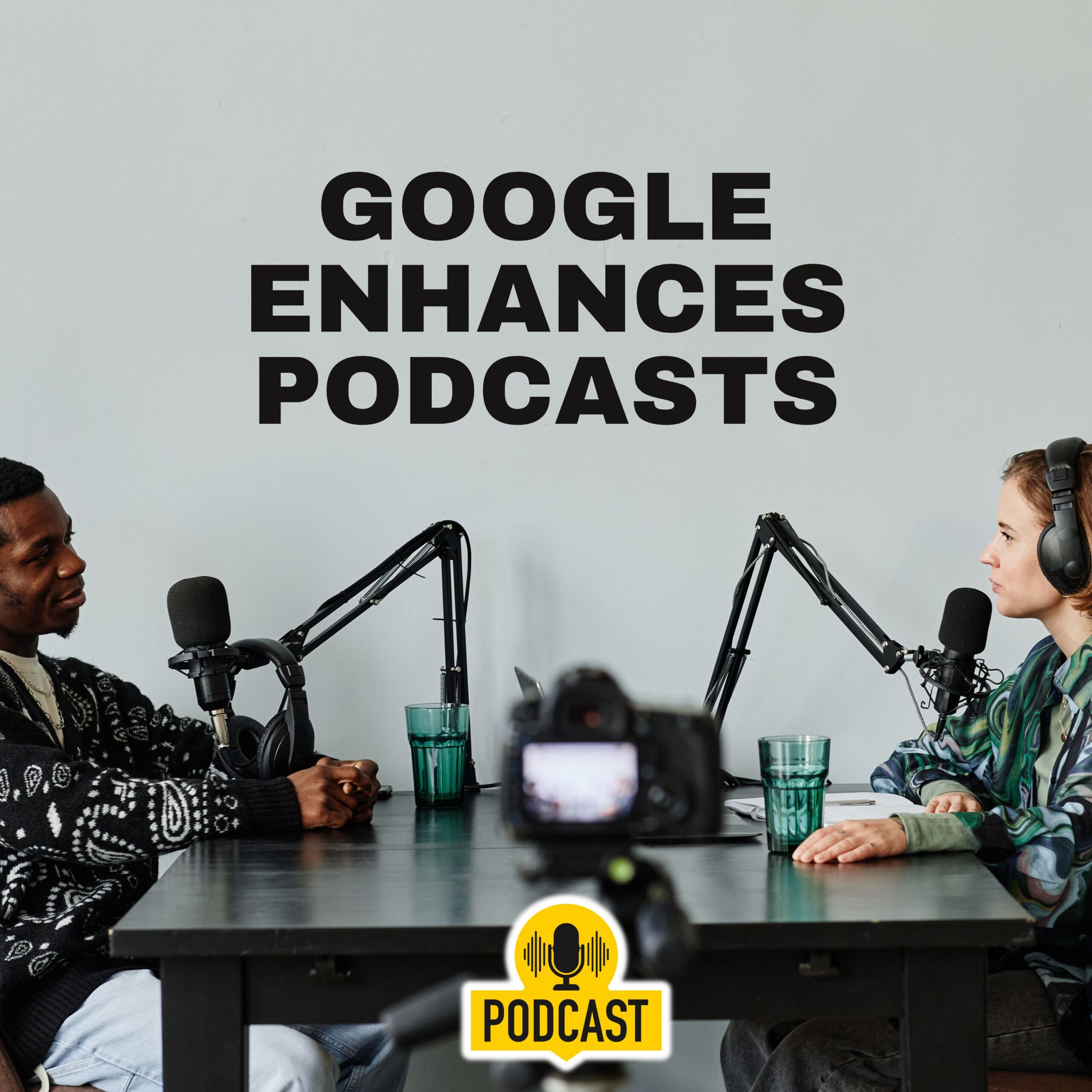
Google Expands AI Podcast Tool with Customization Features
Introduction to Google’s AI Podcast Tool
Google has taken significant strides in the podcasting space with its AI podcast tool, initially introduced to streamline content creation and consumption. This innovative platform aims to simplify the way users interact with audio content by harnessing the power of artificial intelligence. The tool was designed to assist creators in generating, editing, and distributing their podcasts with unprecedented ease and efficiency. As the demand for personalized audio experiences continues to rise, Google’s recent update to its AI podcast tool introduces customization features—offering users a more tailored approach to podcast production.
The significance of this update cannot be understated. In a landscape where audiences crave unique content that resonates with their tastes and preferences, the ability to customize podcast experiences gives creators the flexibility to connect more meaningfully with listeners. By incorporating features that enhance user engagement and personal touch, Google positions its podcast tool as a frontrunner in the industry.
Key Features of the Updated AI Podcast Tool
The latest updates to Google’s AI podcast tool bring forth a suite of features, enhancing its usability for both creators and consumers. These improvements are designed to address various needs in the podcasting community, ensuring that creators can deliver high-quality content.
Customization Options:
- Personalized Themes: Creators can now choose from a range of themes and templates to match their podcast’s branding, making it easier to establish a unique audio identity.
- Audio Adjustments: Users can fine-tune the audio quality, including options for background music and sound effects that suit their podcast’s style.
- Content Segmentation: Creators can segment episodes into chapters or sections, allowing listeners to navigate their content more conveniently.
- Voice Modulation: The AI tool now includes features that help in adjusting voice tones, making it possible to create different character voices or even add virtual co-hosts.
These enhancements reflect Google’s commitment to addressing the specific needs of podcast creators while aiming to attract a broader audience. By allowing for deeper customization, Google is encouraging podcasters not just to create but also to innovate.
Benefits of Customization in Podcasting
Customization in podcasting offers multiple advantages for both content creators and their audiences. By allowing creators a greater degree of control over their audio projects, Google’s tool fosters creativity and individuality.
Improved Audience Engagement:
Listeners today prefer content that personalizes their experiences. By using tailored themes and segmentations, creators can capture and maintain listener interest. A well-structured podcast that breaks down content into easy-to-navigate sections can motivate listeners to stay engaged longer.
Brand Building:
Every podcast is an opportunity for creators to build their brand. With customizable themes and audio aesthetics, podcasters can align their audio identity with their brand values. A distinct audio branding can foster recognition and loyalty among listeners.
Streamlined Editing and Production:
The new features facilitate a smoother editing process. Voice modulation and sound effects can be easily integrated into episodes, reducing the time and effort needed for post-production work. This efficiency means creators can focus more on content quality and creativity rather than technical hurdles.
Potential Impact on the Podcasting Industry
The launch of these customization features is poised to significantly impact the podcasting industry. As more creators discover the benefits of tailored content, the competition in the podcasting space will likely intensify.
Increased Accessibility for New Creators:
With user-friendly tools at their disposal, aspiring podcasters will find it easier to break into the market. The barrier to entry is lowered, encouraging a rush of new voices and perspectives to the industry.
Diverse Content Offerings:
The ability to customize podcasts means we can expect a broader range of content—from true crime to educational series, and everything in between. As creators experiment with different styles, listeners will benefit from a more diverse podcast ecosystem.
Enhanced Listening Experience:
Listeners stand to gain significantly from these developments. Customization allows for a more pleasant and engaging listening experience. With well-crafted audio elements reflective of individual preferences, audiences can immerse themselves in content tailored to resonate with them personally.
Future Developments and Expectations
As Google continues refining its AI podcast tool, there are significant expectations for future developments. Podcasters are keen to see more advanced features that could further enhance their creative capabilities.
Integration with Other Platforms:
The potential for integrating Google’s podcast tool with other content platforms could help creators distribute their work more broadly. This interconnectivity can lead to increased visibility and audience growth.
AI-Driven Content Creation:
Future iterations of the podcast tool may incorporate more advanced AI features that assist in content generation. From script suggestions to automated episode outlines, the automation of these processes could transform how podcasts are produced.
Community Features:
Adding social components, such as community engagement tools or listener feedback mechanisms, could enhance the relationship between podcasters and their audience. By creating spaces for discussions, creators can gather insights that can directly influence their content strategy.
Conclusion: A New Era in Podcasting
Google’s expansion of its AI podcast tool with customization features marks a pivotal moment in the podcasting industry. As creators gain access to innovative tools that allow them to express their unique voices and craft personalized experiences, the quality and diversity of content are set to soar.
The emphasis on customization aligns with listener demands for more engaging and relatable content. By prioritizing user experience, Google is not only enhancing the podcast production process but also reshaping the landscape of audio content consumption.
As we look ahead, the possibility of new developments and enhancements continues to excite both creators and listeners alike. This evolution signals a promising era for podcasting, one that will likely see an explosion of creativity, diversity, and connection in the world of audio storytelling.



